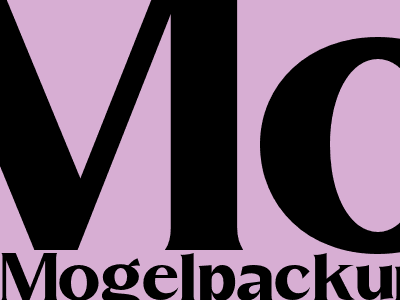
Mogelpackung Aldi: Unveiling the truth behind deceptive packaging tactics
Understanding Mogelpackung: The art of misleading packaging
Mogelpackung, a German term translating to "deceptive packaging," refers to the practice of using packaging that misleads consumers about the actual quantity or quality of a product. This deceptive tactic has become increasingly prevalent in the food industry, with many companies using packaging to make their products appear larger or more substantial than they actually are.
Aldi's involvement in Mogelpackung: A closer look
Aldi, a popular German discount supermarket chain, has been at the center of controversy regarding Mogelpackung practices. Several of Aldi's products have been accused of using deceptive packaging to mislead consumers. One notable example is Aldi's "Grandessa" coffee, which was found to contain significantly less coffee than advertised on the packaging.
The impact of Mogelpackung on consumers
Mogelpackung practices can have a significant impact on consumers. Consumers may feel cheated or misled when they purchase products that do not meet their expectations. Additionally, Mogelpackung can lead to consumers paying more for less, as they are unknowingly purchasing products that appear larger or more substantial than they actually are.
Legal implications of Mogelpackung in Germany
Mogelpackung is illegal in Germany under the German Packaging Act. The act prohibits companies from using packaging that misleads consumers about the quantity or quality of a product. Companies that violate the law can face fines and other penalties.
Protecting against Mogelpackung: Tips for consumers
Consumers can take steps to protect themselves against Mogelpackung practices. When making purchases, pay attention to the packaging and read the labels carefully. Be wary of products that appear to be larger or more substantial than they actually are. Additionally, consider purchasing products from reputable brands that are known for their honest packaging practices.
Conclusion: The importance of ethical packaging
Ethical packaging practices are essential for maintaining consumer trust and protecting consumers from deceptive marketing tactics. Companies should be honest and transparent about the quantity and quality of their products, and avoid using packaging that misleads consumers. Consumers should be aware of Mogelpackung practices and take steps to protect themselves against them.